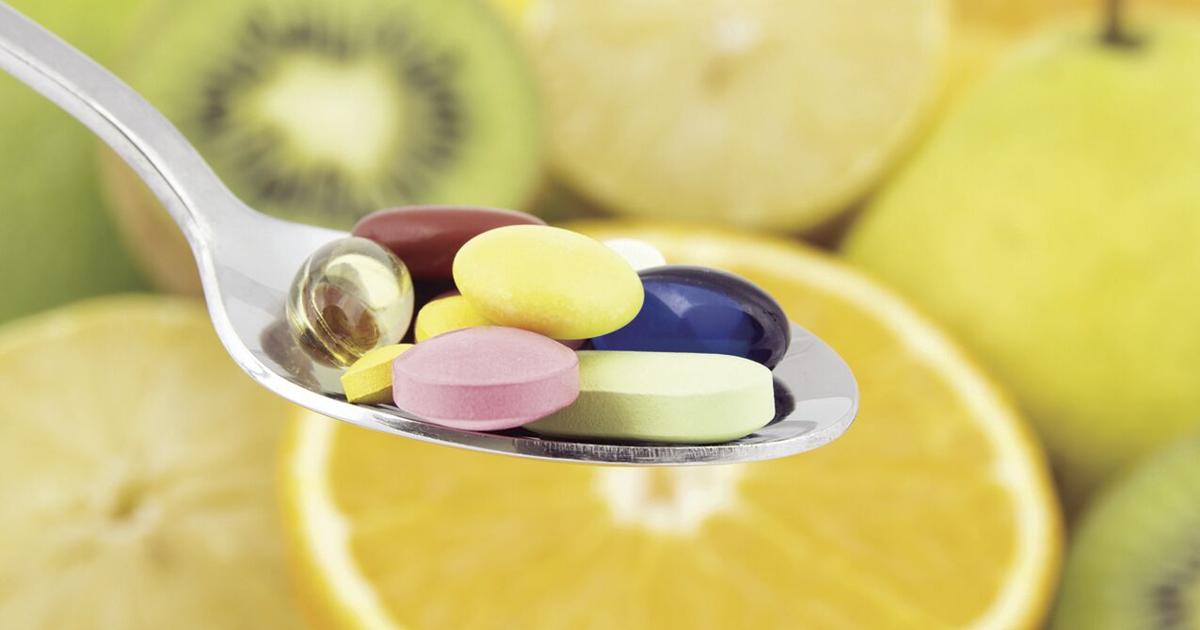A nutritious, well-balanced diet is a vital component of a healthy lifestyle. Though a healthy diet is often and correctly cited as a means to maintaining a healthy weight, a diet rich in various vitamins also can be good for both kids’ and adults’ eyesight. As adults and parents plan diets for themselves and their children, they can make an effort to ensure these three eye-friendly vitamins feature prominently at mealtime.
1. Vitamin A: The World Health Organization reports that vitamin A deficiency is one of the more common nutrient deficiencies across the globe, particularly among children. In fact, the American Optometric Association notes that vitamin A deficiency is the leading cause of preventable blindness in children. So why is vitamin A so vital to eye health? The AOA reports that vitamin A supports functioning of the conjunctival membranes and cornea. In addition, the Chicago-based Kraff Eye Institute notes that vitamin A deficiency can contribute to problems with night vision. Foods such as carrots, milk, eggs, and pumpkin are good sources of vitamin A.
2. Vitamin E: The AOA reports that vitamin E can help to reduce the progression of age-related macular degeneration, which the National Eye Institute characterizes as an eye disease that can blur cental vision. The NEI also notes that AMD is a leading cause of vision loss among older adults. Vitamin E also can reduce the risk of cataracts. Almonds, sunflower seeds and peanuts are good sources of vitamin E.
3. Vitamin C: Also known as ascorbic acid, vitamin C helps to neutralize oxidative damage that can contribute to the formation of cataracts and AMD. The Kraff Eye Institute notes that oxidative stress is responsible for various aging processes and occurs when the body experiences an imbalance between harmful free radicals and helpful antioxidants. Vitamin C is an antioxidant that can help combat a number of age-related eye issues, which underscores the need to include vitamin C in a diet. Cauliflower, cabbage, lemon, and oranges are good sources of vitamin C.
Vision loss is often accepted as an inevitable side effect of aging. Though certain individuals may not be able to avoid some degree of vision loss as they grow older, a diet rich in vitamins A, E and C can reduce risk for various age-related eye health issues.
‘; var element = document.getElementById(“sub_message”); element.appendChild(subMessage); console.log(“Code Loaded!”); } else { var subMessage = document.createElement(‘div’); subMessage.id = ‘sub-message-top’; subMessage.class = ‘panel panel-default’; subMessage.style.backgroundColor = ‘#eee’; subMessage.style.borderRadius = ‘5px’; subMessage.style.padding = ’10px’; subMessage.style.marginTop = ’25px’; subMessage.style.marginBottom = ’25px’; subMessage.innerHTML = ‘
Support local journalism.
Subscribe Today ‘; var element = document.getElementById(“sub_message”); element.appendChild(subMessage); console.log(“Code Loaded!”); } }

